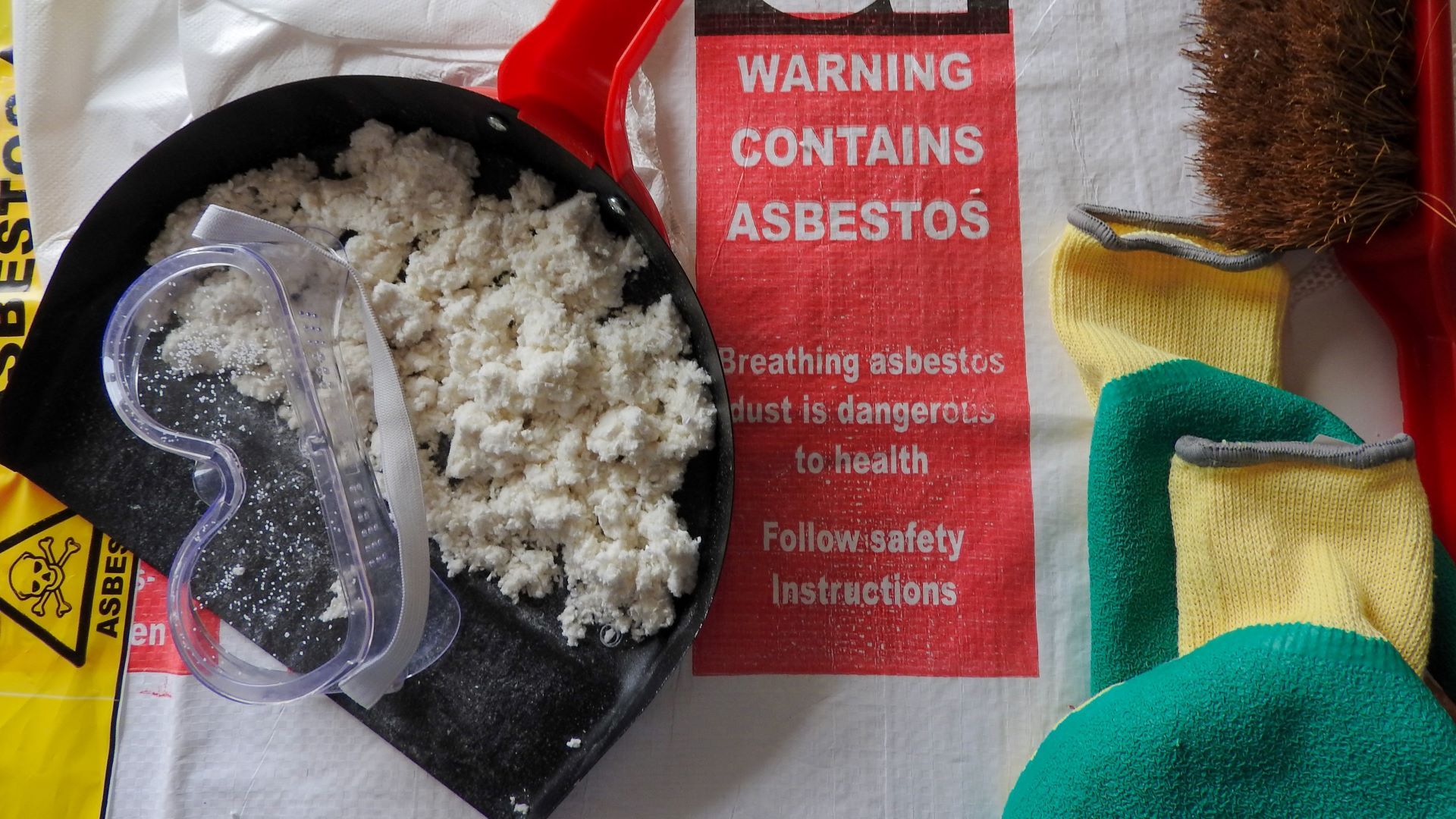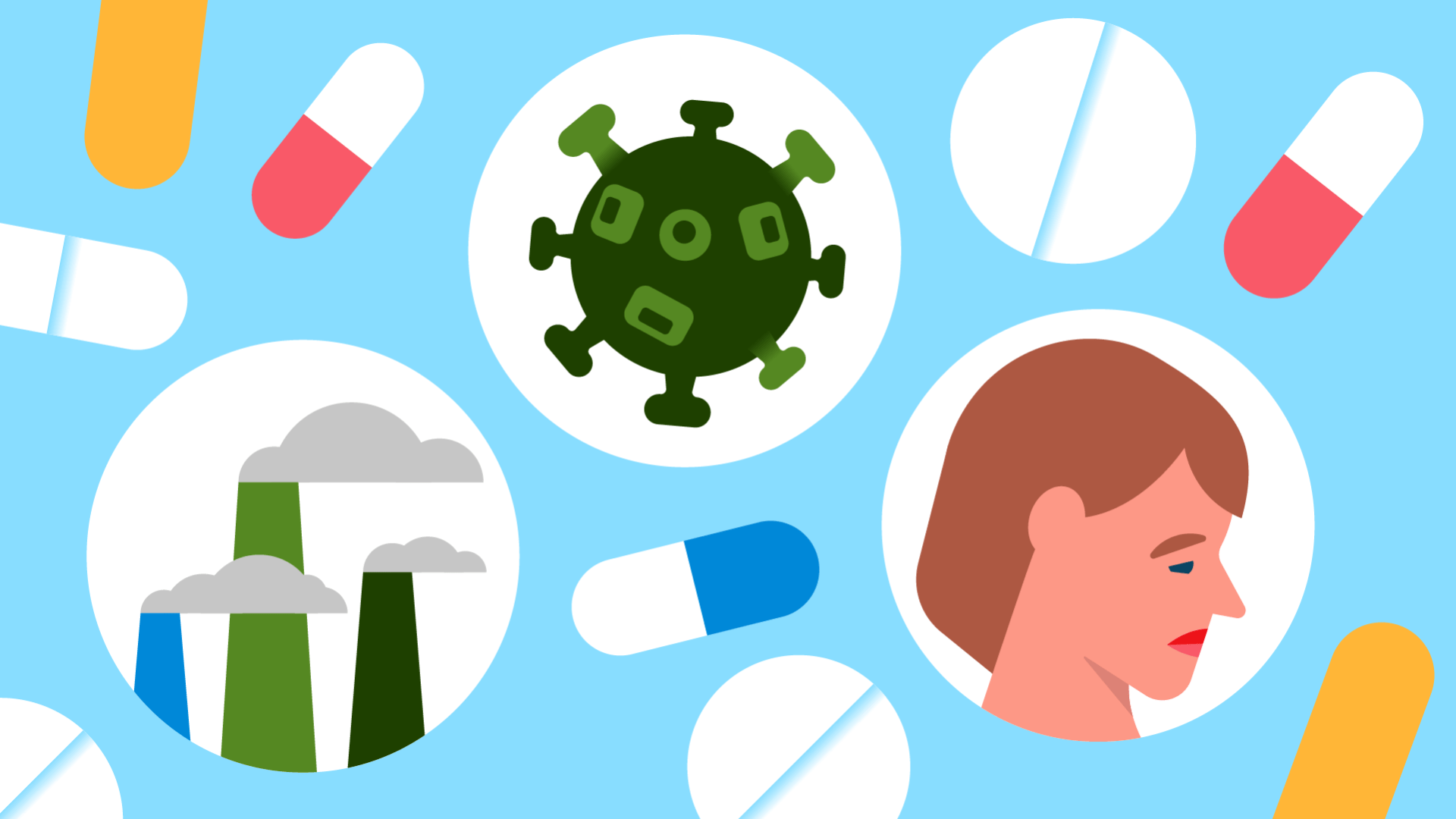
The S&D Group advocates for the ‘One Health’ approach: human, animal and plant health are interconnected and bound to the health of the ecosystems and the environment. In practical terms, this means that factors such as animal health, our ecosystems, the climate, the quality of our air and the chemicals released into our environment are all key considerations when we talk about health. We push for health in all policies and believe not only in addressing health issues through access to quicker, affordable and quality treatment, but also in taking a preventative approach to healthcare and tackling the underlying causes of the health issues we face.
We fight for strengthened action in the field of cancer. We need to look at social, economic and environmental factors, such as exposure to hazardous chemicals, in line with the One Health approach, and ensure that all action in the field of health is fully aligned with the proposals under the European Green Deal. We are proud as Socialists to have integrated the principle of social justice, the fight against inequity and inequality, and gender perspective at the heart of the report by the special committee on beating cancer (BECA).

Under the leadership of the S&Ds, the European Parliament has taken an ambitious position on the revision of the Ambient Air Quality Directive.
The aim is to drastically reduce air pollution in line with the EU’s zero-pollution goal by 2050 and the wider Green Deal objectives. Tragically, air pollution is responsible for nearly 300,000 premature deaths annually in the European Union, making it the most significant environmental threat to our health. Air pollution contributes to a wide range of health issues, including heart attacks, strokes, respiratory problems, diabetes, dementia and lung cancer.
Our Group strives to make the Green Deal’s zero air pollution target by 2050 a reality, by laying out a clear roadmap on how to achieve this goal. We have improved the Commission’s proposal, ensuring that the European Union’s legally binding air quality standards will align with the most recent guidelines issued by the World Health Organisation by 2035 at the latest.
We have also made air quality measurements taken at monitoring stations across Europe more comprehensive, as well as strengthened public information through standardised air quality indices across Europe. Even more importantly, we have introduced the right to compensation for those affected by air pollution, a major novelty in EU legislation.
Thanks to the relentless negotiations led by the S&Ds throughout the legislative process, F-gases – which can be up to 25,000 times more climate damaging than CO2 – will be phased out by 2050. On top of this, we have effectively incorporated limitations on PFAS chemicals into the F-gases regulation, addressing growing environmental and public health concerns.
Covid-19 dramatically revealed the fragility and weaknesses of the EU’s 27 national healthcare systems. That is why the S&D Group welcomed the efforts made by the EU Commission in the EU4Health programme in the attempt to move towards increasing European responsibility and solidarity on health matters, including ensuring a better coordinated, shared, equal and adequate medical response in all member states.
EU4Health strengthens the common mechanisms that can reduce inequities in health, and instead promote better access to health care and contribute to the creation of the European Health Union. This is an important step in the direction to ensure that all people in the EU can benefit from high quality, accessible, safe, equal and affordable health care. The S&D Group fully stands behind the importance of promoting access to sexual and reproductive healthcare. This is a human right, and we will not allow anyone to try to rob the people of Europe of this freedom.
We fight for the right of every person to have access to modern and comprehensive mental healthcare. The S&D Group has called for renewed efforts, coordination and funding at an EU level to concretely address the growing mental health crisis, particularly in the context of pandemic and post-pandemic mental health conditions.
It has been three years since the European Parliament first called for a European law on the right to disconnect to clearly define boundaries between working and free time in the new digital era. The S&Ds want to ensure the right to disconnect at European level and protect all workers from work-related phone calls and emails outside working time, or during different types of leave and holidays, without facing any negative consequences. We consider this a fundamental right that must be an integral part of new working patterns in the new digital age. The human cost of blurred boundaries is high: from unpaid overtime, insufficient rest periods and longer working hours, to work-related stress, exhaustion, burnout, isolation, fatigue, and depression. We've got your back!

The S&D Group have fought hard to ensure that the European Union is not only better equipped to respond to potential future health crises but also more adequately prepared. We have approved a comprehensive report calling for more resources to public healthcare systems, and for EU and national coordinated plans for health threats prevention and surveillance. We have also ensured a more socially-just response to support marginalised groups that suffered the consequences of the pandemics more, as well as a fair international system that promotes public interest and global access to medical countermeasures.
We have also advocated to mitigate medicine shortages, which has triggered the Commission to launch a European Voluntary Solidarity Mechanism for medicines and adopt a Union list of critical medicines.

Our Group has been pushing for a safer and more balanced work environment, with positive implications for both physical and mental well-being, through legislation on health and safety in the workplace. This has been reflected in a revision of the Asbestos at Work Directive. We are also calling for access to early diagnosis, treatment, rehabilitation and compensation for those workers who have already fallen ill from asbestos; mandatory screenings of buildings before sale, rent or any works; including secondary exposure in the legislation; and public asbestos registers. Approximately 250,000 people across the world die each year due to asbestos exposure. Our ultimate goal is a global ban. Only asbestos-free work is safe work, and only an asbestos-free world is a safe world.

